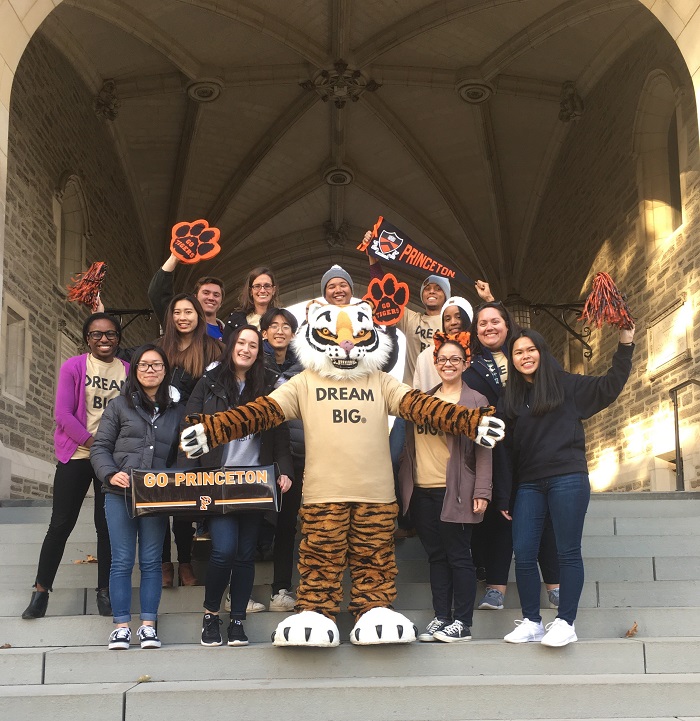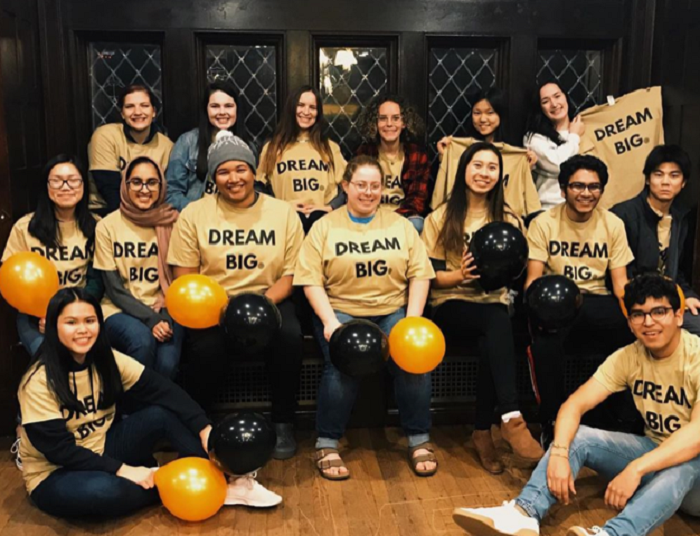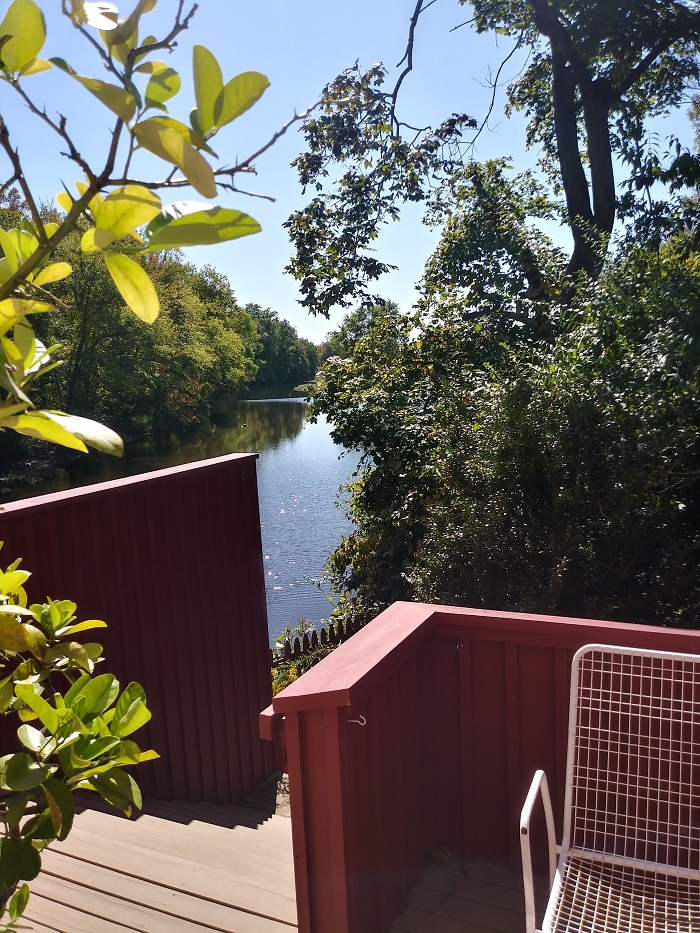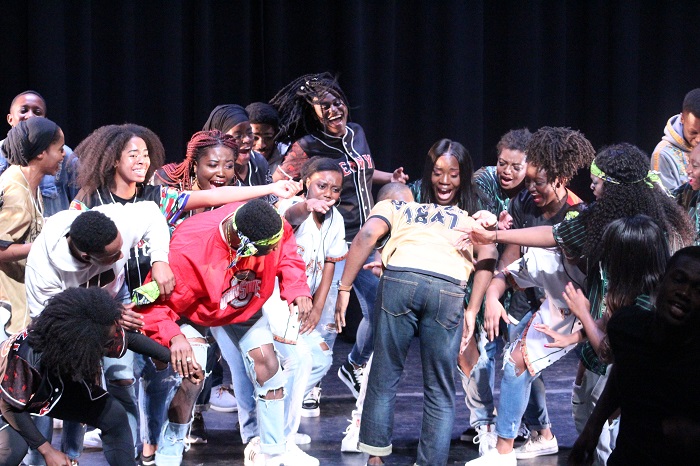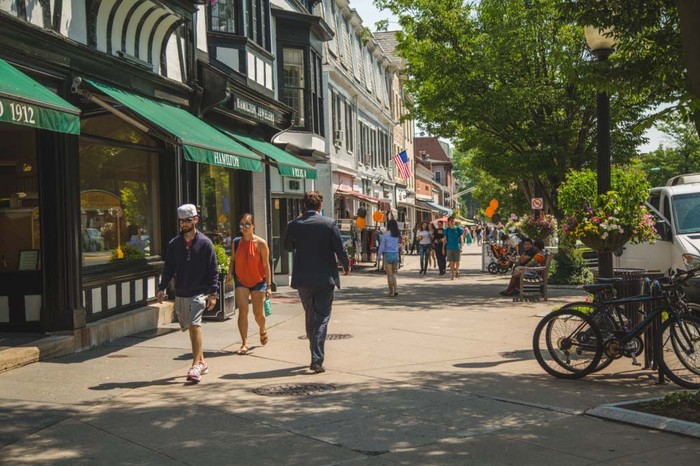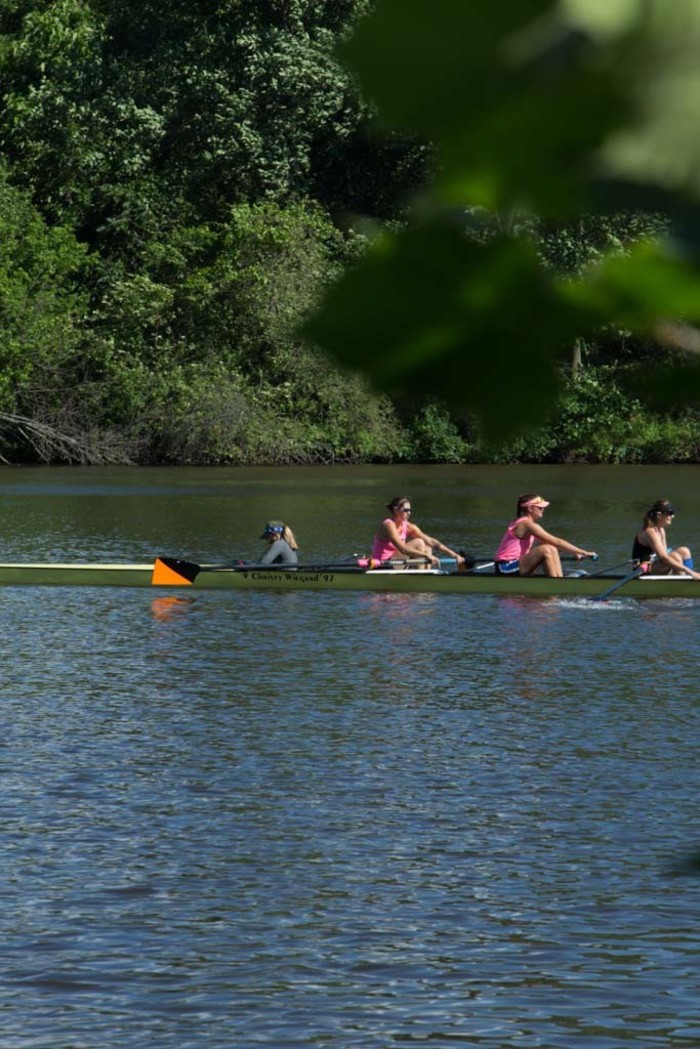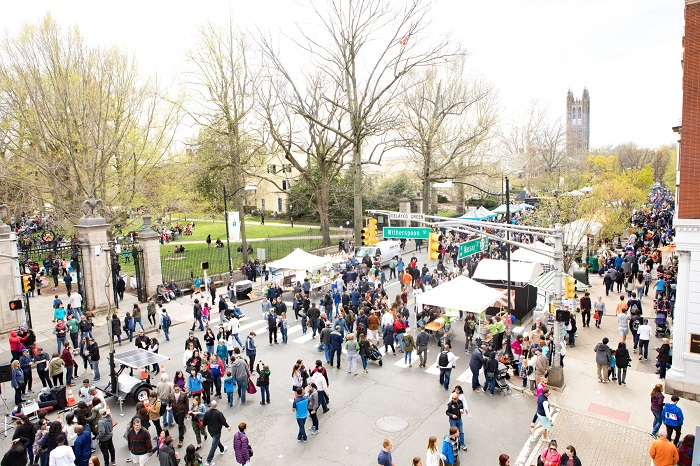Dear First-year Self,
These next four years will be some of the best years of your life—you will take classes with world-renowned professors, form life-long friendships, and travel the world. There will be various obstacles and challenges in your way, but you will learn from these experiences and turn out to be stronger and wiser. I know you are apprehensive about fitting in and succeeding academically, but rest assured, you will get the hang of things.
I’ve written some of the biggest lessons that will help you in your time at Princeton:
Embrace failure
You will soon learn that failure is inevitable. You will face rejection from the internships you apply to, not getting the grade you wanted, and trying to compare yourself to others. Remember that every time you fail you come out a stronger and more resilient person. Don't let failure discourage you from trying new things at Princeton and putting yourself out there!
Live in the moment
Although you care about academics and trying your hardest, there are life-long memories to be made at Princeton. Go out with your friends instead of staying in for a problem set, go to New York City for a weekend and most importantly, have fun! Remember that it's ok to have fun once in a while and enjoy the company of your peers. When you look back at your time in college, the experiences that you will cherish the most are those in which you chose to live in the moment.
Be open to change
It’s ok if you change your major or if you drop a class you thought you would enjoy. I know that you are used to following a rigid pathway in high school, but this will not be the case in college. Your time at Princeton will be of self-discovery and adventure: chase after your true passions and you will find where you belong. Unexpected changes will make you reflect on what matters most to you.
Enjoy these four years because they will fly by.
Sincerely,
Senior-year you








